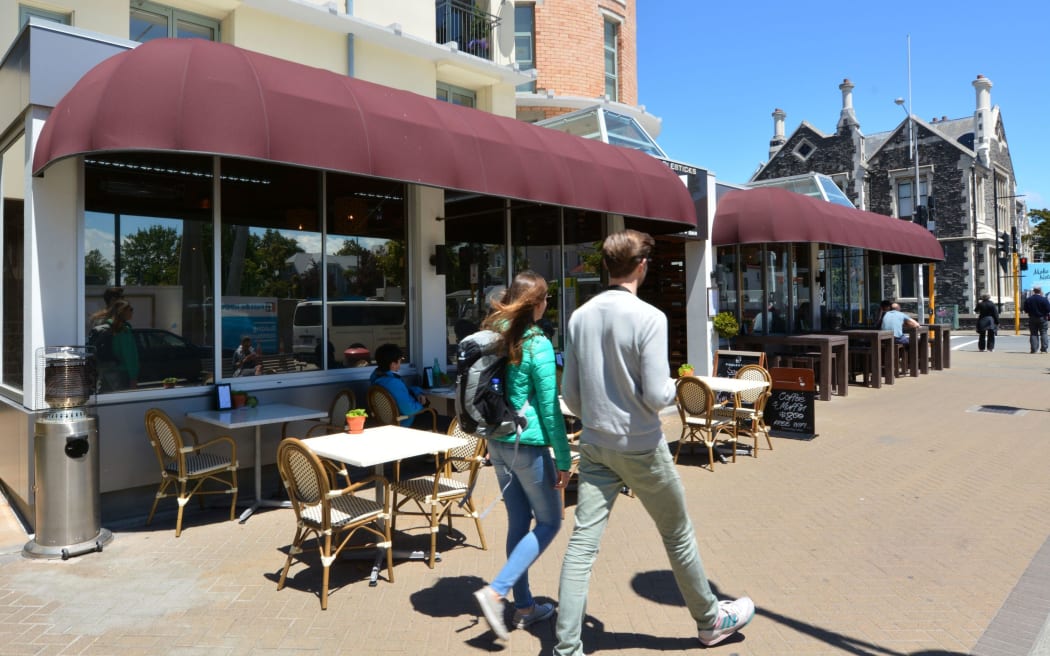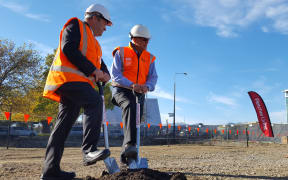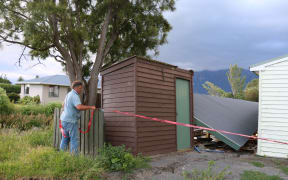Christchurch's service sector might need to consider hiring sickness beneficiaries, with almost 20,000 new jobs expected over the next three years.

Tourists are beginning to return to central Christchurch. Photo: 123rf.com
A looming shortage of workers is expected as tourists begin to return to the rebuilding city.
Following the Canterbury earthquakes and the closure of many bars, restaurants and hotels, a number of workers left the city or were enticed by higher paying jobs on the city's rebuild.
Six years on, and with the tourists starting to come back, the service sector is keen to get these workers back.
Service IQ, the organisation in charge of on the job training for hospitality and retail workers, has been updating the sector on what it needed to do to stay in business as the tourism boom hit.
Chief executive Dean Minchington said these jobs were forecast to grow by close to 20,000 in the next three years.
He said employers needed to get creative if they were going to find people to do the work in a tight labour market.
"Somebody might be on a sickness benefit, they might have issues with anxiety or depression. In the right occupation they could flourish."
The service sector contributed more money to Canterbury than construction and agriculture combined, he said.
And while most entry level jobs paid minimum wage, those who stuck at it could go far.
"The managing directors of McDonald's, you know, 30 years prior they started at McDonald's, they've worked their entire way through. Now they're doing pretty well. So there's real opportunities where you may not expect them."
The industry needed to do a better job of selling these jobs to young people as a viable career, not just as something to get them through university, said Hospitality NZ's Chris Casserly.
"I was just at a careers expo on the weekend and it's talking to parents and parents understanding that it is a real career path and then encouraging their children to go in to it. Whereas beforehand they probably looked at it and said no, it's not for us, I want to be a doctor."
Associate Tourism Minister Nicky Wagner said employers might have to start paying higher wages in order to attract the people they wanted.
"If you want higher skilled people, if you want more expertise and experience, you tend to pay more for it."
The government would continue to do its bit through investing money in tourism infrastructure such as public toilets and by removing red tape for businesses, she said.






